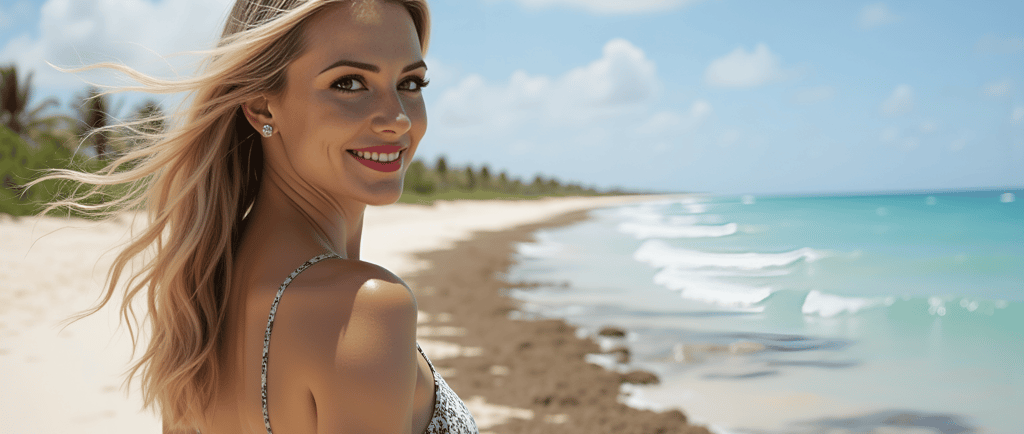Battling Sargassum in Belize: When Paradise Meets Reality
9/6/20251 min read


Belize is known worldwide for its turquoise waters, palm-fringed beaches, and the second-largest barrier reef on the planet. But visitors today are finding something very different on the shoreline: massive piles of brown seaweed called sargassum.
What is Sargassum?
Unlike seagrass, which grows rooted in shallow waters and nurtures marine life, sargassum is a floating algae. Historically it thrived in the Sargasso Sea, but in the last decade enormous blooms stretching across the Atlantic have been drifting into the Caribbean, including Belize.
Why is it Happening?
Scientists point to two main culprits:
Climate Change: Warmer oceans create the perfect breeding ground for algae.
Nutrient Pollution: Runoff from agriculture and sewage carries fertilizer-like nutrients into the sea, supercharging growth.
Together these forces have built what researchers call the “Great Atlantic Sargassum Belt,” a recurring phenomenon now visible from space.
Impact on Belize
For Belize, the consequences are serious:
Wildlife: Sea turtles struggle to nest on beaches smothered by seaweed, and fish lose access to critical coastal habitats.
Communities: Decomposing sargassum releases a strong odor and gases that affect air quality.
Tourism: Clean beaches are vital for Belize’s economy. Thick mats of rotting seaweed make paradise less inviting.
What’s Being Done
Belize is tackling the problem with daily cleanups, floating barriers to block seaweed before it reaches shore, and experiments in turning sargassum into fertilizer or even biofuel. Still, these solutions treat symptoms, not causes. The underlying drivers of global warming and nutrient pollution remain unaddressed.
A Sobering Reminder
Standing on a Belizean beach today is a study in contrasts: brilliant sunshine, turquoise waves, and a horizon that seems untouched, paired with piles of tangled seaweed at your feet. It is a powerful reminder that climate change is not a distant threat. It is here, reshaping even the world’s most beautiful places.
Belize is still breathtaking, but sargassum is a warning that our oceans are under pressure. Protecting them will require not just local fixes but global action.
connect with us
Affiliate Disclosure: PlanetGrind may earn a commission from recommended links. This comes at no extra cost to you.
© 2025. All rights reserved.
